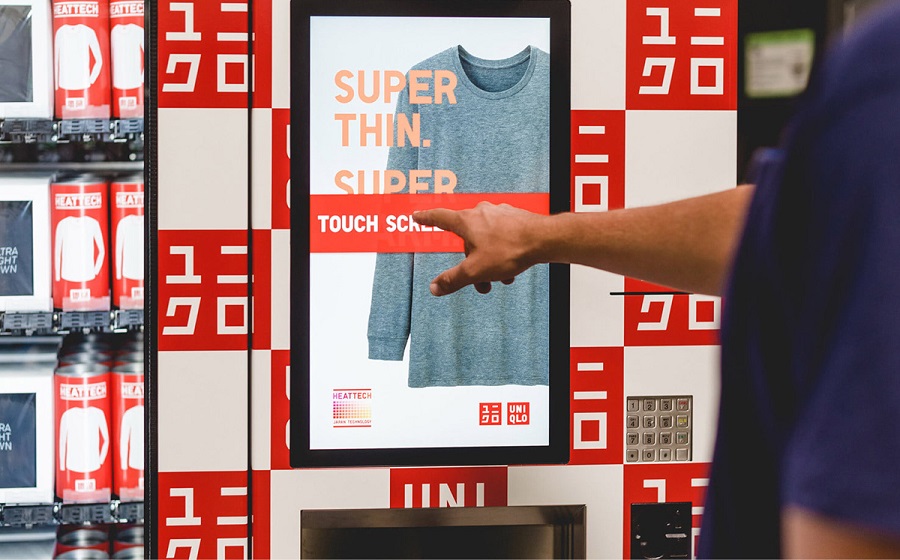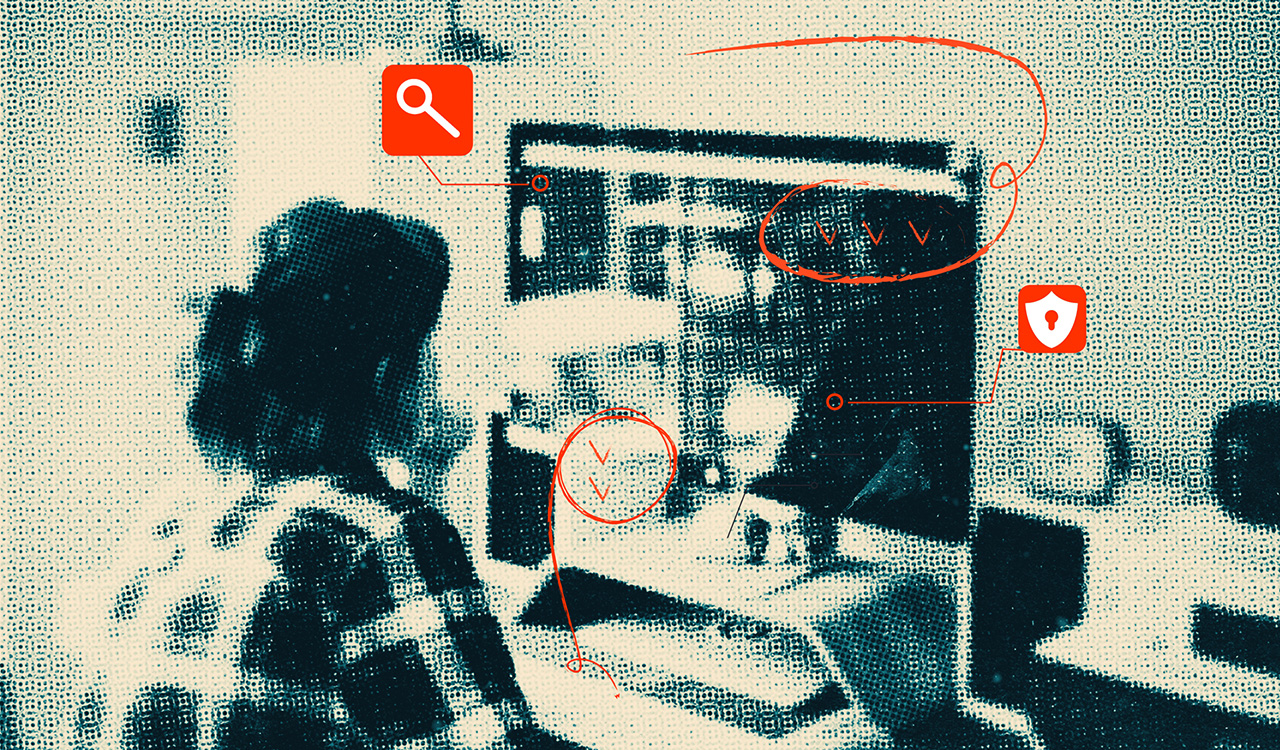It’s late Sunday night in the remote Swedish village of Viken and you suddenly realize you’re out of baby food. Local stores are closed, the weather is iffy and the odds of getting a delivery are slim to none. What to do?
The solution, at least in this case, is an unmanned convenience store called Naraffar, a 45-square-foot c-store that’s open 24/7 for customers with a banking app that enables them to open the door and charge groceries by scanning items with their phone.
But this is no one-off or retail anomaly that’s relegated to the wilds of the Swedish coast or some other remote rural area. We’ve gotten used to the idea of drone aircraft —why not retail?
The automated, unstaffed store, for better or worse, is turning into something of a global phenomenon among chains and independents particularly in Asia. It’s a niche market that is growing in a very un-niche-like way thanks to a rising tide of tech-savvy shoppers looking for the ultimate in convenience rather than personal service.
We’ve already seen the arrival in the U.S. of Amazon Go amidst much fanfare and it’s too early to gauge its success or potential.
But retailers can’t slough this off as simply a fad. It’s time to start asking the right questions: Is the future of retail, as someone said, simply a vending machine on steroids? Is it a great labor-saving device or a security nightmare that will bleed money? And is it really the ultimate expression of customer convenience and will make customer service an obsolete concept?
Take a look at what’s going on around the globe and you decide.
Farmhouse Foods
Back in 2016, ancient times in tech terms, Farmhouse Foods opened its unstaffed 24-hour self-checkout store in the rural Minnesota town of New Prague. The idea originated when they discovered people liked to shop at odd hours and convenient access to local and organic foods was needed for commuters.
Basically Farmhouse is a high-tech community store—but with a price. Customers pay $100 annually to register for a keycard that gives them round-the-clock access. Cameras show when customers are coming in and what they are buying. However, it’s more about offering a curated assortment and understanding shoppers’ needs than keeping an eye open for shoplifting.
BingoBox
One of the names most frequently heard is BingoBox—originally a tech startup that enabled retailers to open their own unmanned stores. Sometimes called an Amazon Go clone, the company now operates about 200 stores of its own in China, one of the prime markets for this format. Coresight Research reports that the company has gathered funding of some $95 million and is planning to expand in South Korea, Hong Kong and Malaysia. However BingoBox believers it could expand into Europe where store hours are still restricted and few are open at night.
Consumers open the door using WeChat, a popular messaging service in China, and then scan each product’s barcode. They pay by phone using WeChat or Alibaba’s mobile app Alipay. A camera scans customers on the way out to make sure they’re only taking what they paid for and checks for unregistered users using facial recognition. Facial recognition is also used for mobile payment systems.
Tao Café
Alibaba operates an unmanned coffee shop called the Tao Café.
Although the stores are reportedly upgrading their technology from RFID to artificial Intelligence, there is also a human element. Shoppers who are having issues can link to a human customer support person via a video link. Interestingly, this is all rather low-tech compared with Amazon Go, which uses sensors to know what customers have purchased and simply bills their Amazon account automatically.
Restocking the store, which carries around 200 items, can be done in about 20 minutes by an employee using a scanning wand. And the company has partnered with French retail chain Auchan to handle the inventory. Auchan also operates its own unmanned stores in Shanghai called Minute.
Sales had reportedly been running about $1000 per day. It may not sound like much but don’t forget labor costs are virtually nonexistent, enabling the company to open stores in low-traffic areas and remain profitable.
Signature
Meanwhile, in 2017, 7-Eleven tested Signature in Seoul, South Korea, its first unmanned store and the “C-store of the future,” according to the company.
Shoppers register using their Lotte card. They simply swipe their hand over a biometric verification system to pay. The HandPay system is not about fingerprints. It scans vein patterns in the palm, including size, color and shape to identify people. The same system is used in the store’s tobacco vending machine to prevent minors from buying cigarettes.
On top of that, the store uses refrigerators equipped with sensors that automatically open the doors when registered customers pass by. Closed circuit television is used for security. But one rumor, not confirmed by the company or any news outlet, is that drones might be used to monitor activity at the store. Even more unconfirmed—outside of my own imagination—is that the drones will be equipped with lasers to deal with shoplifters.
MobyMart
MobyMart, introduced by Wheelys, is a Swedish startup, billed as “The supermarket that comes to you.” An app on your phone directs MobyMart to your location so it’s kind of an Uber with food.
The concept isn’t for stocking the shelves in your kitchen. It only offers items for immediate consumption. Customers scan items with their phones, which is connected to their bank and automatically charges them.
The vehicle, being tested on the streets of Shanghai, is driven by a human, but could be automated in the future. MobyMart runs on electricity and is equipped with solar panels as well as air purifiers. And let’s not forget the holographic store assistant if you need some help.
TakeGo
Some consumer goods manufacturers are also getting into the act. In China, the Hangzhou Wahaha Group, one of China’s largest food and beverage manufacturers, opened TakeGo, described as a next-generation, high-tech vending machine.
When a customer picks up an item, it’s automatically placed into a digital shopping cart and removed if the item is returned to the shelf. Customers are billed automatically via Alipay when they leave the store.
Uniqlo To Go
Japanese fast-fashion giant Uniqlo plans to roll out Uniqlo To Go clothing vending machines in key markets featuring the company’s most popular items. The machines are reportedly being placed in shopping malls and airports in the U.S. including Houston and New York. This isn’t a new concept for Japanese companies who have been selling everything from high-end cameras to Kobe beef in vending machines for years.
The Future
It’s easy to see the attraction of small, unmanned stores to an industry that’s being rocked by online sales, higher labor costs, the potential for higher sales per-square-foot of space and in-store operations that can be glacially slow without up-to-date technology to speed up and improve the customer experience which still gets bogged down at the checkout.
What concerns me most is that retailers will see unmanned stores as an alternative to traditional brick and mortar. From the beginning, retailing has been a service industry and human interaction—when done properly—is key to the retail experience. I firmly believe unstaffed stores will be part of the retail landscape—but as a format that can complement stores and not replace them.




